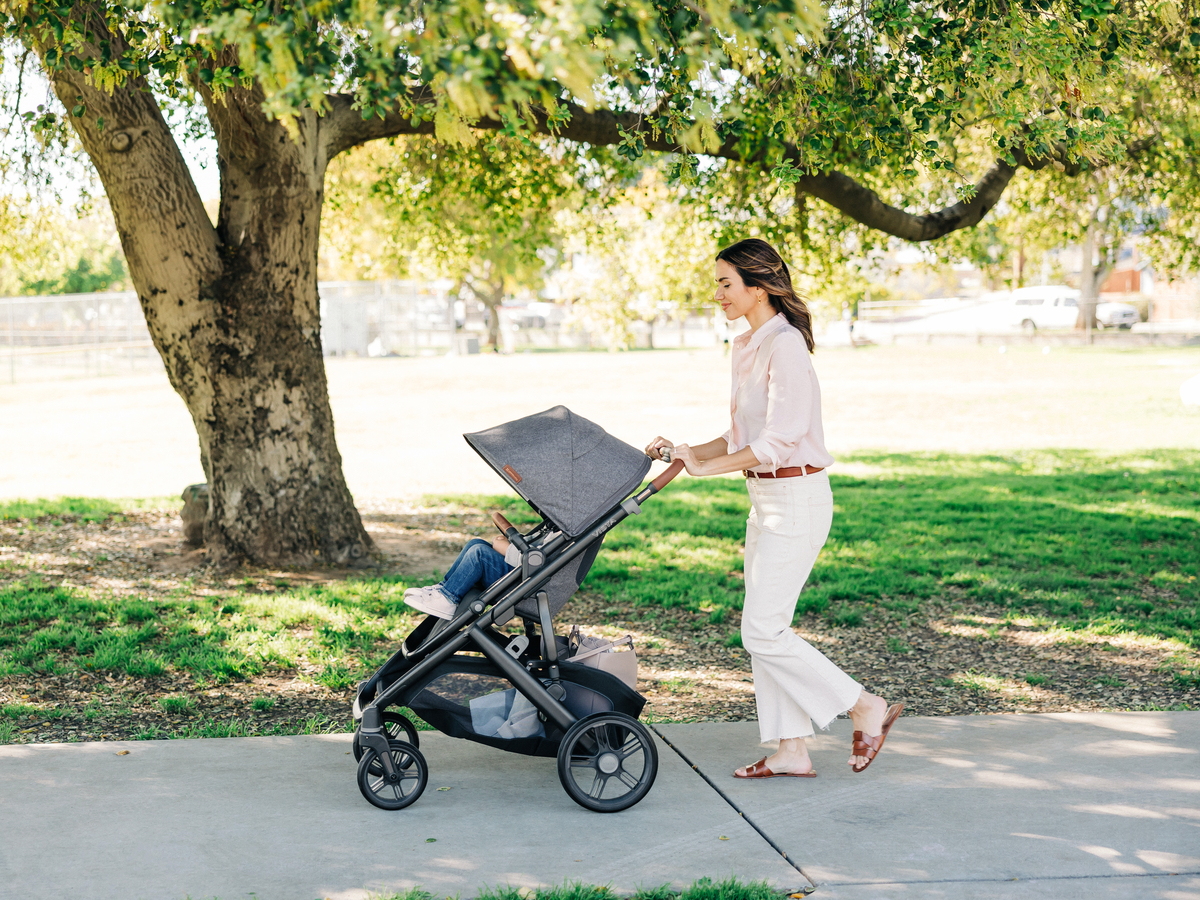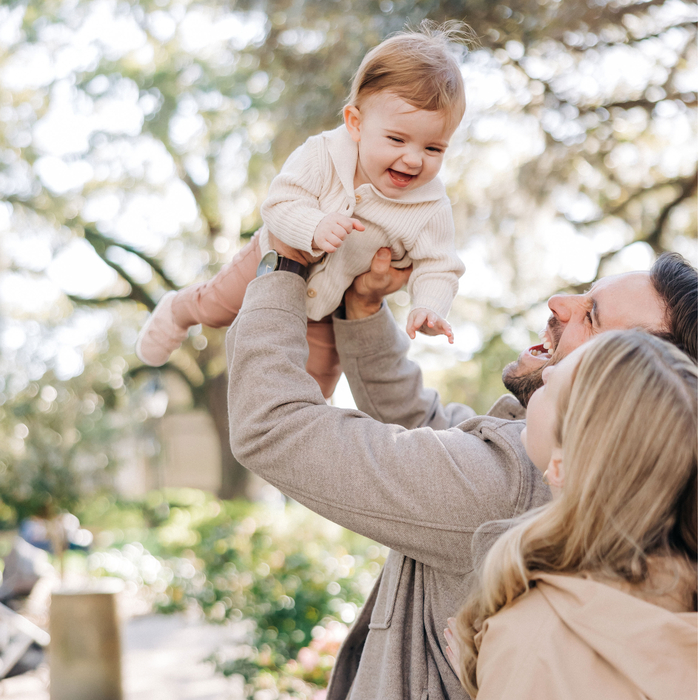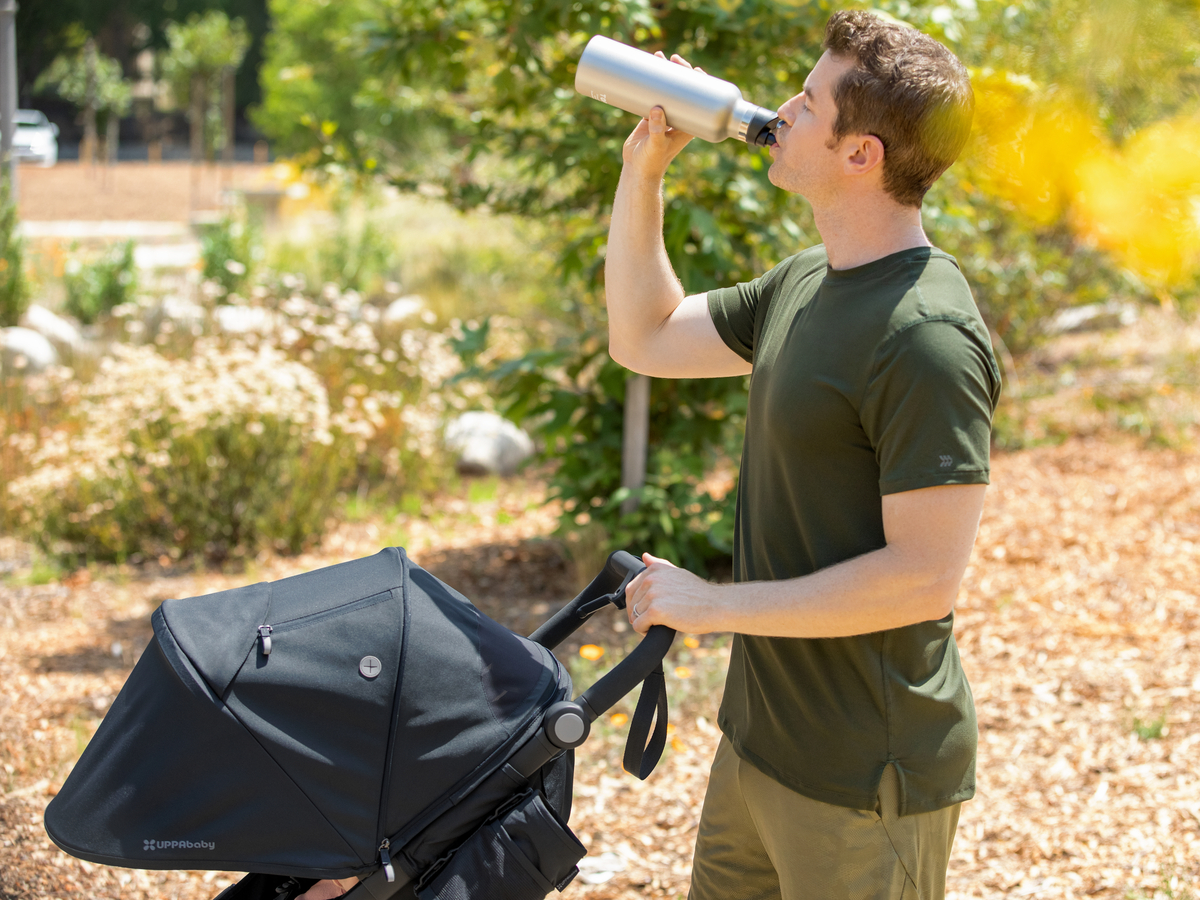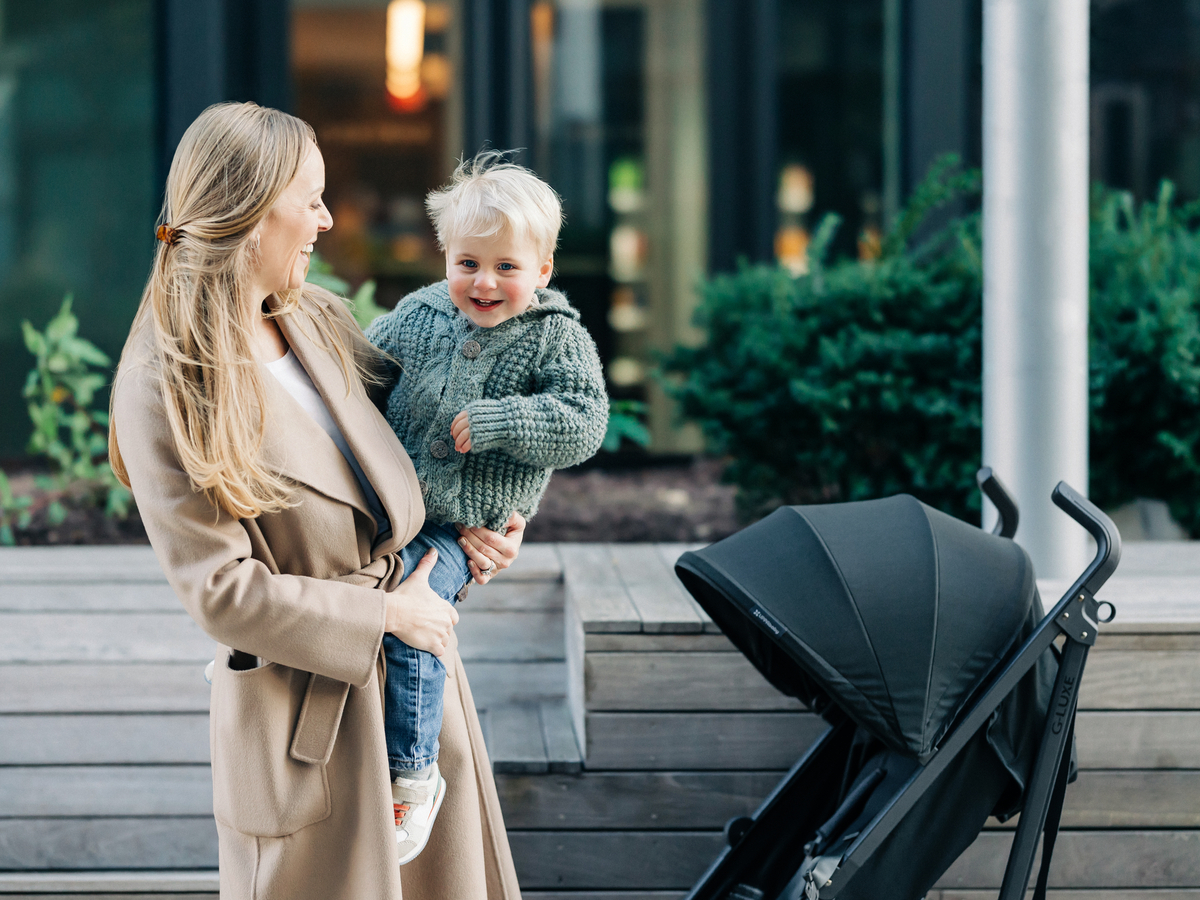
June 14, 2024
Home Is Here With UPPAbaby’s In-Home Collection
by UPPAbaby
We all know parenting is a 24/7 job, and you’ll need a variety of sturdy, safe and comfortable places to accommodate the new boss of your household. The great news? UPPAbaby makes more than strollers and car seats to give you peace of mind on every journey–we also specialize in the myriad of other moments you’ll need a base for your baby. Our home products provide around-the-clock solutions that are easy to assemble, handle, store and clean. From the kitchen to the office to holidays at the in-laws’, see how the Mira, Remi, and Ciro help make every place feel like home.

The Mira
The daily to-do’s of life don’t stop once your bundle of joy arrives, but they don’t have to be put on hold, either. Meet the Mira bouncer, designed to soothe and comfort your baby while keeping them close. A cozy place to play or lay, its dual comfort seat with breathable mesh follows their natural movement and gently rocks to their rhythm while you do chores or work from home beside them. Keep them comfy into toddlerhood with its 2-in-1 design, three different reclining levels and an easy-access, parent-facing adjuster. The included Cozy Seat Liner provides an extra layer of comfort and warmth for your baby, and its removable, washable fabric makes laundry a breeze.
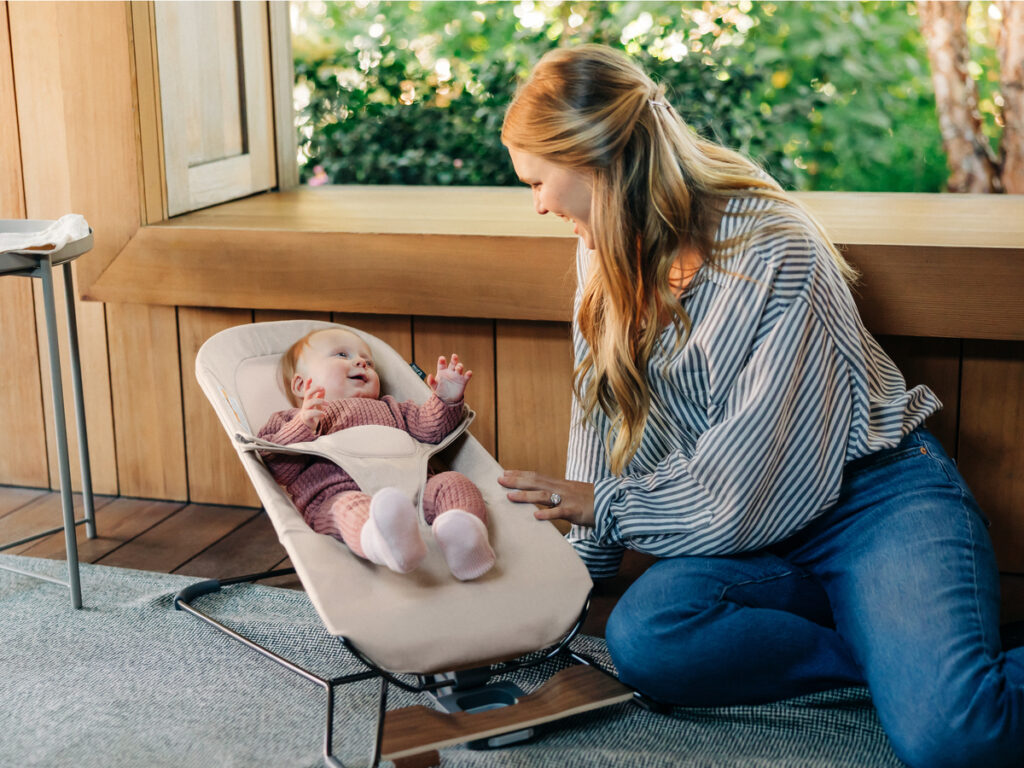
And while you do your thing, they can do theirs; encourage cognitive milestones with a toy bar accessory like the Forest Fun or Wonder Wheel. Engaging textures and colors captivate your baby and inspire fine motor development and hand-eye coordination. Both accessories fold seamlessly with the Mira bouncer for easy dual storage.
The Remi
The ability to create a comfortable space for your baby anywhere is key to a successful night’s sleep (for both of you!). To help them play safely and sleep soundly, you’ll want a bedside bassinet, travel crib and a portable playard–so we created The Remi, an innovative answer to all three.

With the Remi, it’s easy to create a home-away-from-home; set up and break down its portable, lightweight frame in seconds and tuck it away in its included convenient storage bag. Simply zip on the included mesh bassinet for a newborn bedside solution, and zip it off when your little one is ready for a safe space to explore. Keep an eye on playtime or naps with Remi’s open, unobstructed view, and gain quick access for comforting or playtime by easily unzipping the soothing panel.
From their first days to their first steps, its perforated design and air mesh mattress offer improved ventilation to support your baby’s rest and health. Its unique above-ground design makes it draft-proof, and an optional Canopy accessory easily attaches for UPF 50+, bug protection, and a room-darkening effect. Add a Changing Station or Organizer accessory for hassle-free access to diapers, wipes, creams and toys and a large, wipeable surface for easy cleaning.

The Ciro
There are few moments as valuable and heartwarming as family meal time, even when the youngest member can’t contribute more than giggles to the conversation. You want to bring your little one to the table, but here’s a lesson we’re happy to help you (and every surface in your kitchen) avoid learning the hard way: not all high chairs are created equal.
We’ll start with the most obvious features that’s surprisingly not a given: actually getting your little one to the table. Ciro’s innovative perfect-fit tray is designed to fit directly over the table with 3 adjustable positions, providing a close fit and less room for spills and gaps at multiple stages of development. Safely fasten them in with our patent-pending, 5-point Quick-Fit Harness, which easily adjusts. Once your child is properly harnessed in the seat, the excess webbing can be conveniently stored in the compartment located underneath the harness adjustment touchpoint. Finally, know that their little feet will be positioned comfortably with our dual-position, 180-degree rotating footrest–because a comfy baby is always much more receptive to tiny spoonfuls of mushy goodness.

Things can get a little messy at mealtime. That’s why we created the Ciro’s removable tray to be dishwasher safe, and thoughtfully engineered it with vented channels and drainage holes to prevent mold and dry quickly. The harness is also food-friendly for easy cleaning. The seam-free seat is easy to wipe down–or, if you purchase the High Chair Cushion accessory for extra comfort, a clean scene is just a toss in the wash away. With a bib hook located on the back of the chair to complete its sleek and compact design, the Ciro high chair is UPPAbaby’s favorite way to turn mealtime into family time.
Welcome Home

At UPPAbaby, we have 18 years of experience helping parents build the perfect toolbox for their growing families. At every stage, our trusted home products are here to simplify your life and give you more time and energy to enjoy the journey. With smart features and thoughtful designs, UPPAbaby makes every place feel like home.


